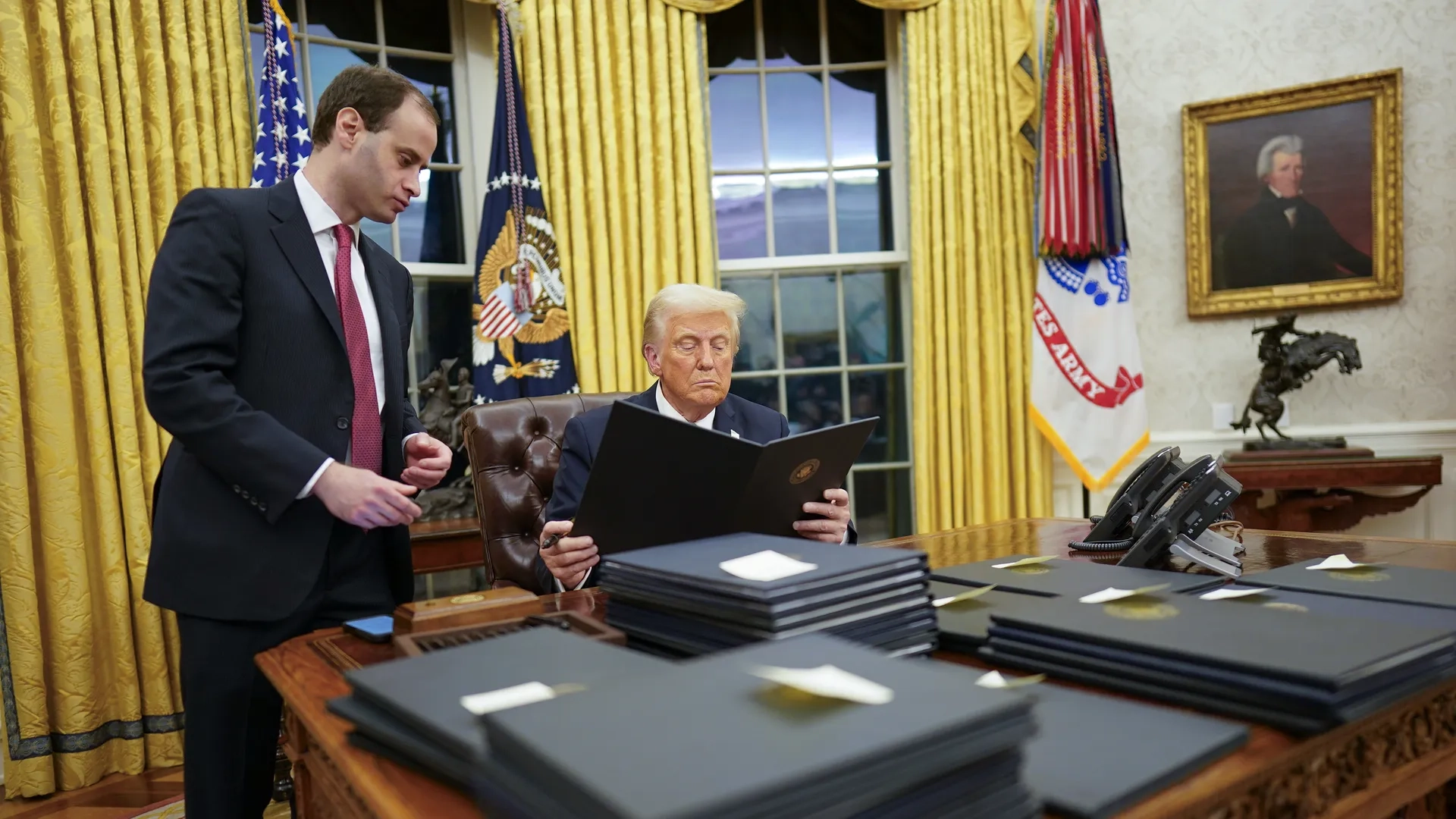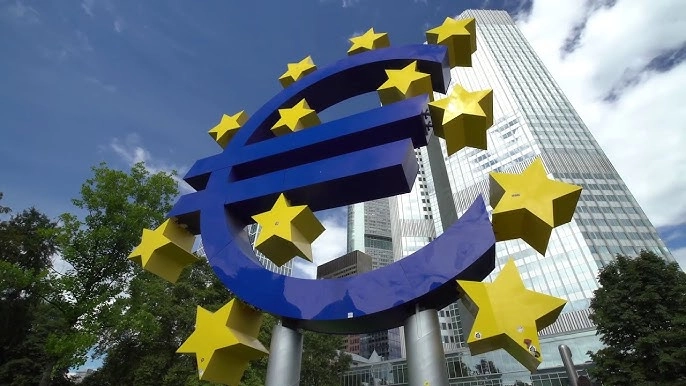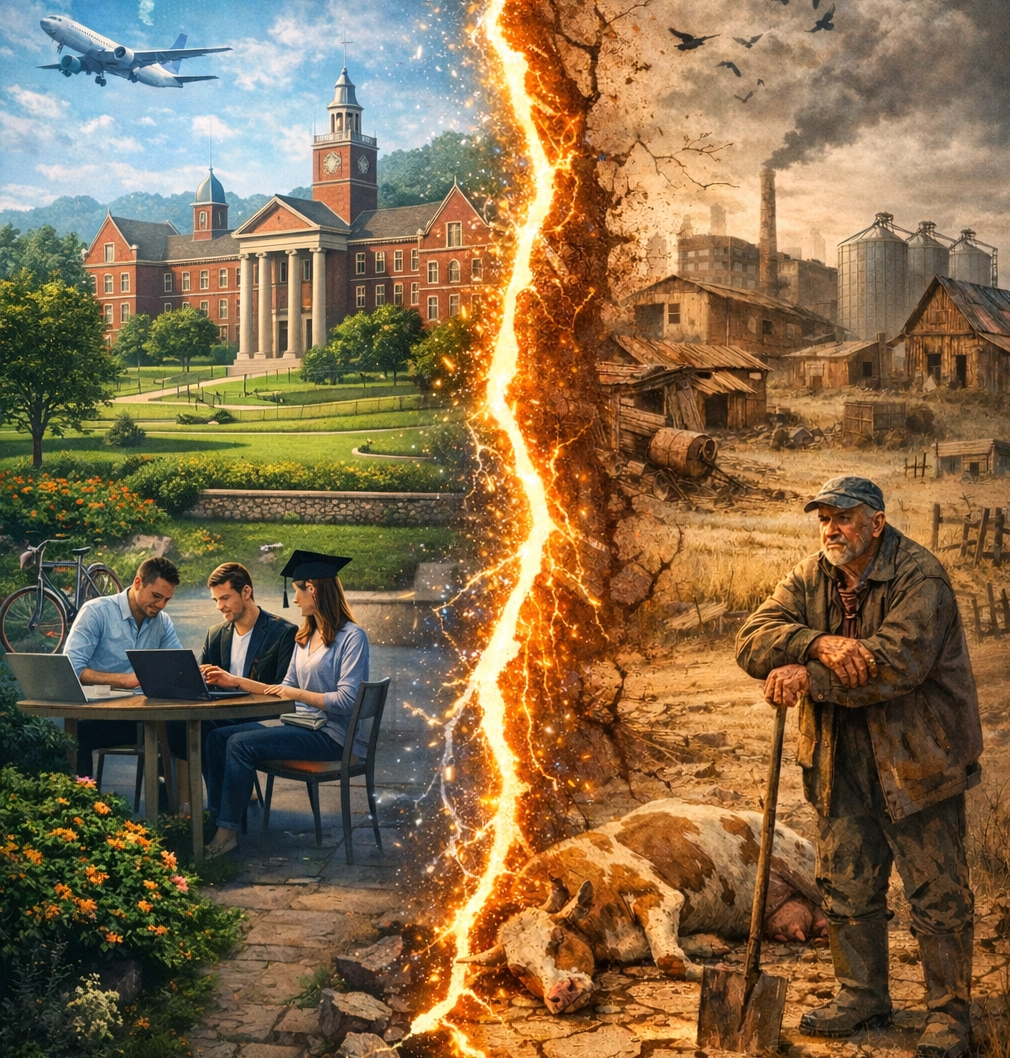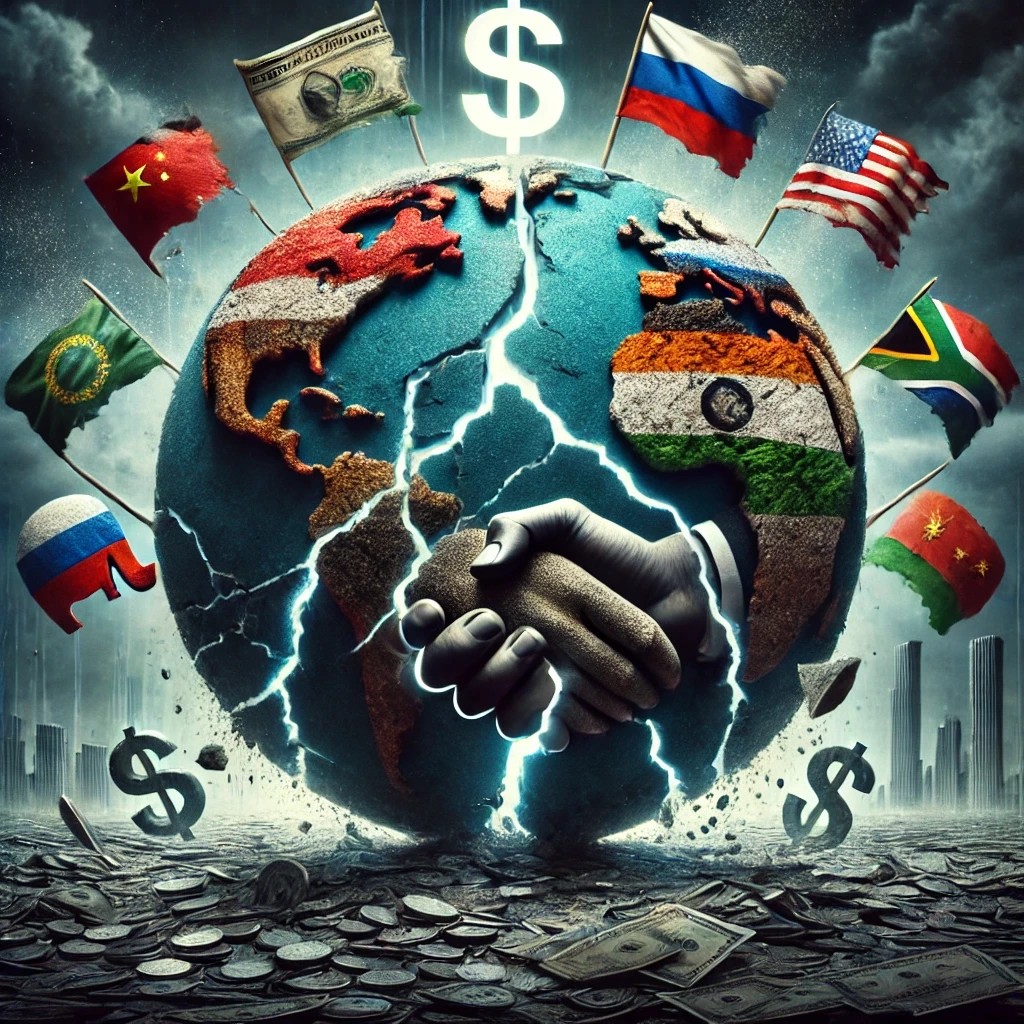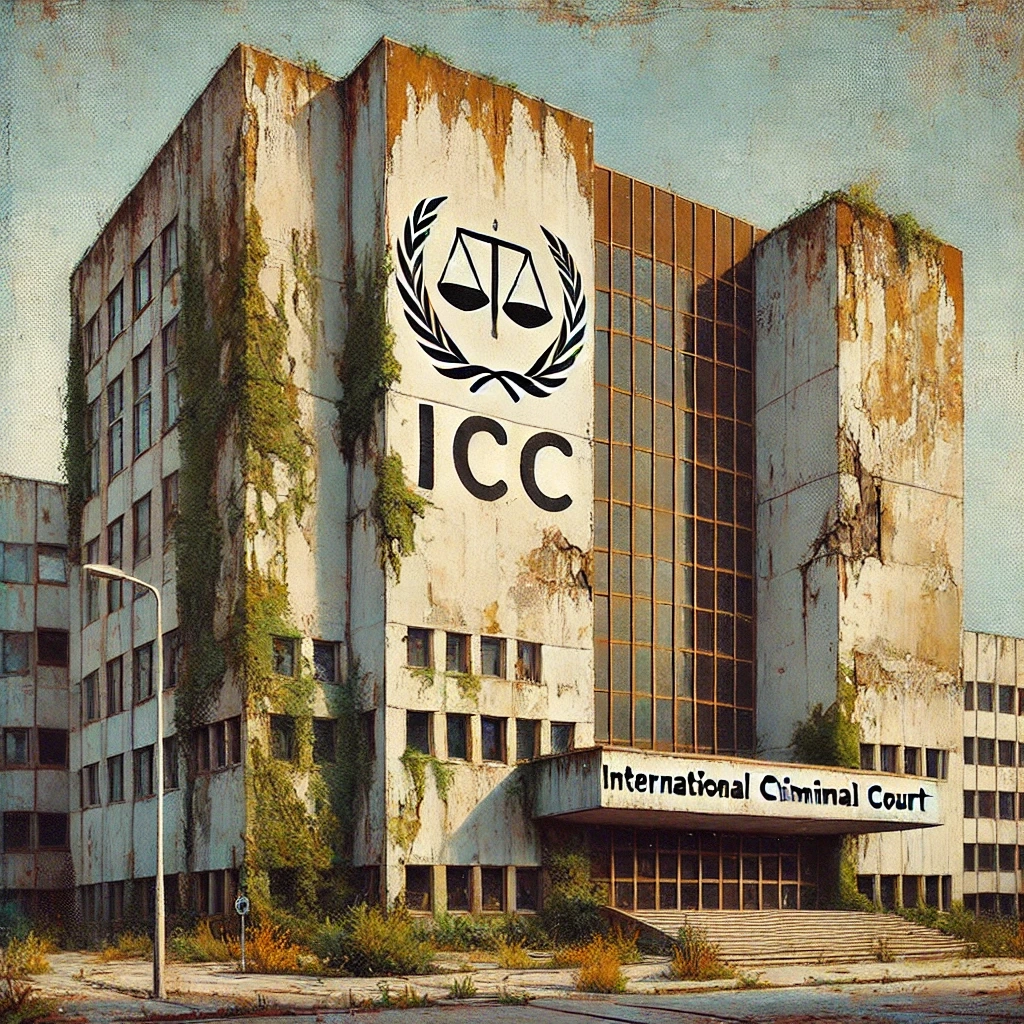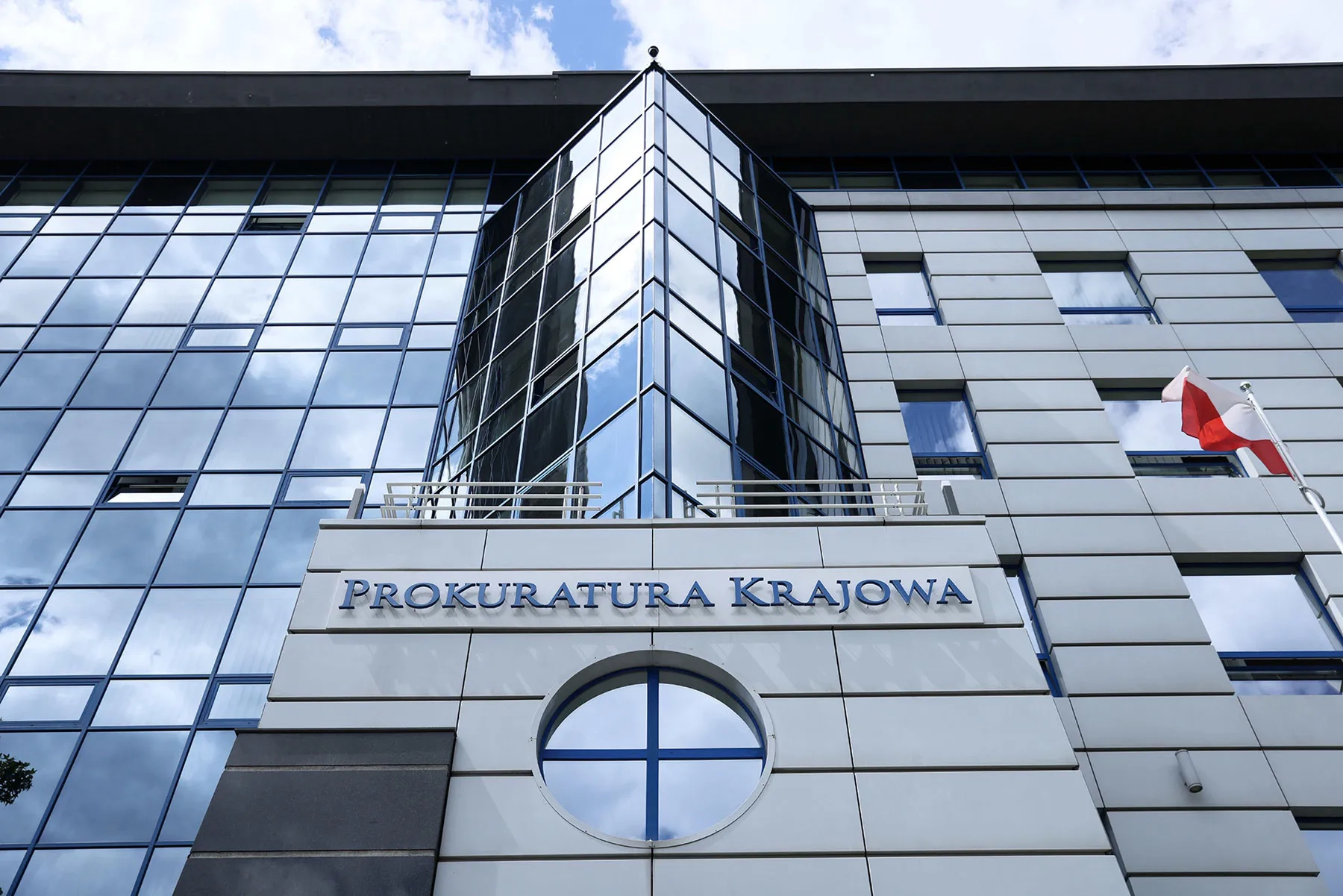Instead of a Preface
Dear Friends,
I invite you to explore a series of articles dedicated to understanding our era. In today’s world, where time is scarce and information is overwhelming, many lack the inclination or opportunity to read lengthy texts. I understand this and do not presume the universal attention.
However, there may be those, like myself, who seek to make sense of the present by contemplating the profound question posed by Omar Khayyam: “Look at yourself and think: who are you, where are you, and what comes next?”
When we reflect on where we have ended up, many feel a deep sense of despair, especially when comparing our trajectory with global developments. While we in Belarus continue to discuss how to better build cowsheds and pigsties and repeatedly promise to assemble Chinese bicycles and motorcycles at our decayed factories, the world moves forward with entirely different priorities. Rockets and satellites are being launched. Robots equipped with artificial intelligence—soon indistinguishable from humans—are becoming a reality. Self-driving cars and drones are advancing rapidly. The world is transitioning to renewable energy sources powered by the sun, water, and wind. Trains are reaching airplane-like speeds, and new supersonic aircraft are nearly ready for production. Humanity is psychologically preparing for the colonization of the Moon and Mars.
Meanwhile, we’ve spent two decades striving to achieve an average salary of $500, which now has the purchasing power of just $400. Other nations have made staggering progress. In the mid-1990s, China’s average monthly salary was $49, and the country was often ridiculed. Today, it boasts the world’s second-largest economy, with an average salary of $1,600 and $2,500 in megacities like Beijing, Shanghai, and Guangzhou. South Korea, once a poor nation producing garments and shoes for the West, now enjoys an average monthly salary of $3,000, with a GDP surpassing that of Russia.
This story is not only about numbers, though they speak volumes. Over recent decades, entire cities have risen, and nations have been revitalized. Where a swampy island and a grimy port once stood, Singapore has emerged. Dubai has risen from the desert sands. Kuala Lumpur, which means “muddy river estuary,” has transformed into a super-modern metropolis with impressive infrastructure, five-star hotels, and stunning residential complexes. Thirty years ago, Seoul was unrecognizable compared to today’s high-tech hub, and Shanghai was emblematic of slums, chaos, and squalor.
In contrast, Belarus has squandered thirty years of opportunity. Once possessing one of Europe’s highest scientific and technological potentials, it has devolved into a stagnant country where industry falters, agriculture deteriorates, villages are abandoned, and the most ambitious, creative, and capable citizens emigrate en masse. We’ve reached a point where even North Korea declines to engage with Belarus. Its Ministry of Foreign Affairs has officially stated that it sees no reason to meet with the Belarusian dictator or host him as a guest. And this from a country whose GDP is just 1.7% of South Korea’s economy.
This situation evokes not only despair but also a profound sense of depression, amplified by the realization that the degradation appears endless.
For those inclined to find solace in the joke about the farmer who cared less about his dying cow than about his neighbor’s surviving one, let me remind you: our eastern neighbor’s situation is also far from rosy. In Russia, despite grandiose rhetoric about greatness, most manufacturing industries are in decline. Machine building, aircraft production, and high-tech sectors are virtually destroyed. Sanctions and international isolation have only hastened this process. The war in Ukraine has laid bare the catastrophic state of the country, hidden behind loud slogans of “rising from its knees” and being the “second army in the world.” For three years, the Russian military—praised by its propaganda as invincible—has struggled against Ukraine’s Armed Forces, which ranked 25th globally before the war.
Ukraine, which before the war lacked significant economic achievements, has suffered enormous losses: the deaths of countless young people, the destruction of infrastructure, the loss of industries, and the mass emigration of skilled professionals. Yet, its future looks far more promising. The courage of its people has captivated the world. After the war, Ukraine is poised to attract investments and advanced technologies, including innovations in the military sector, the creation of new industries, and a surge in tourism inspired by its resilience and determination for renewal and growth.
Belarus, however, will face an even steeper climb in its path to recovery—even after the current political circus fades into history. Restoring the country’s reputation will be no quick task. Like the lingering smell of mothballs in a grandmother’s closet, it will persist for years. We will have to start almost from scratch. The microelectronics, machine tool, and instrument-making industries are nearly destroyed. Automotive manufacturing and construction have fallen to disgraceful levels. Even the cowsheds and pigsties—despite thirty years of “heroic” efforts and multimillion-dollar investments—have fallen into decay.
As Alexander Pushkin once wrote: “A weak and cunning politician ruled over us then.” Unfortunately, replacing the past tense here remains premature. Many countries, including Belarus, endure periods of history marked by incompetent and self-serving rulers. Yet, such stages, like a kind of purgatory, may be necessary for societies to develop immunity against charlatans and demagogues, learning to recognize them early on the political stage. Therefore, we must not lose hope. Progress is not a straight highway; it is a winding road filled with dead ends and obstacles that must be navigated to achieve advancement.
I have titled this series of articles “The Day After Modernity.” This is the day when we all awaken in a different country, much as Syrians recently found themselves in an entirely new reality. At that moment, the central question will arise—what should we do? There will be little time for discussions or reflections. Instead, that time must be devoted to initiating the country’s modernization. Therefore, we must begin thinking about our actions now so that, when faced with this new reality, we can act immediately.
This Day [after tomorrow] will undoubtedly come — and much sooner than we expect.
Let us prepare for it!
To be continued tomorrow...
